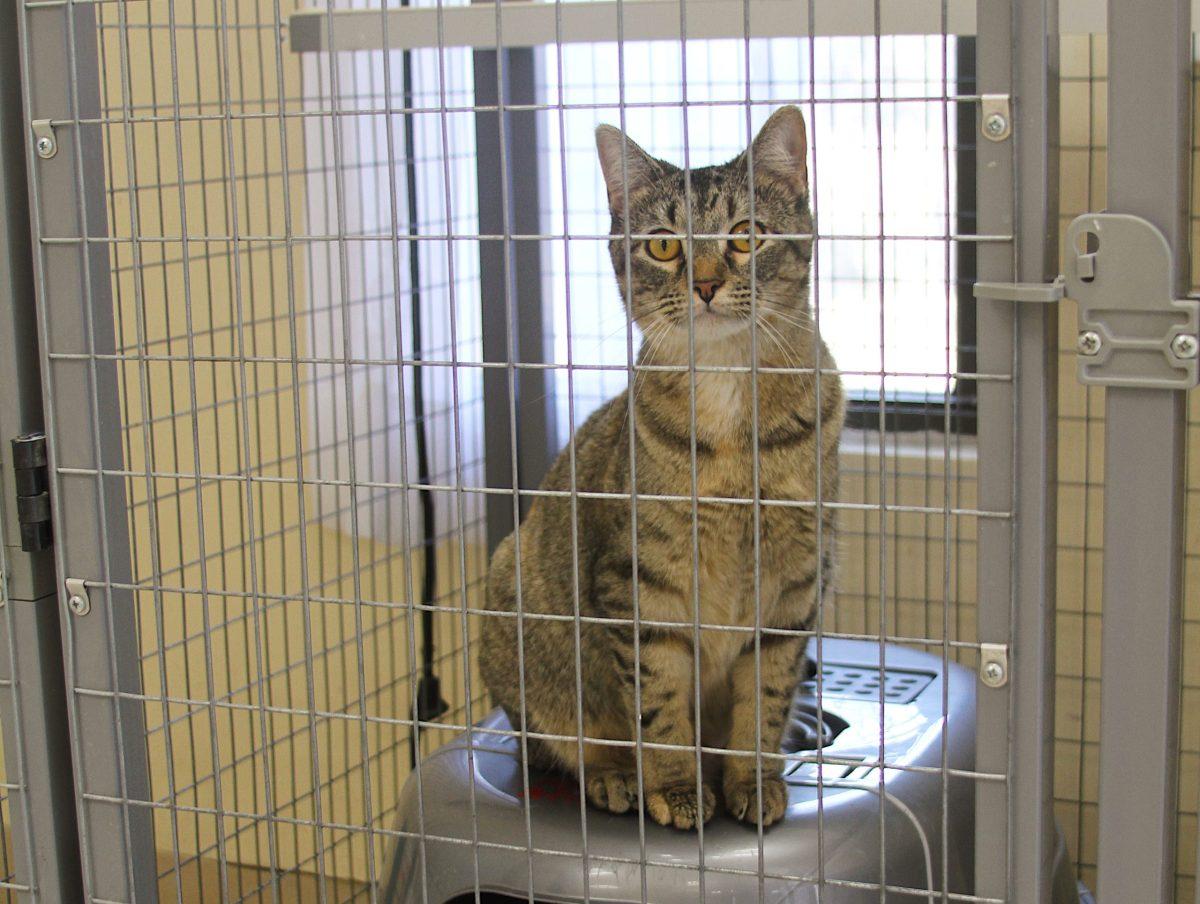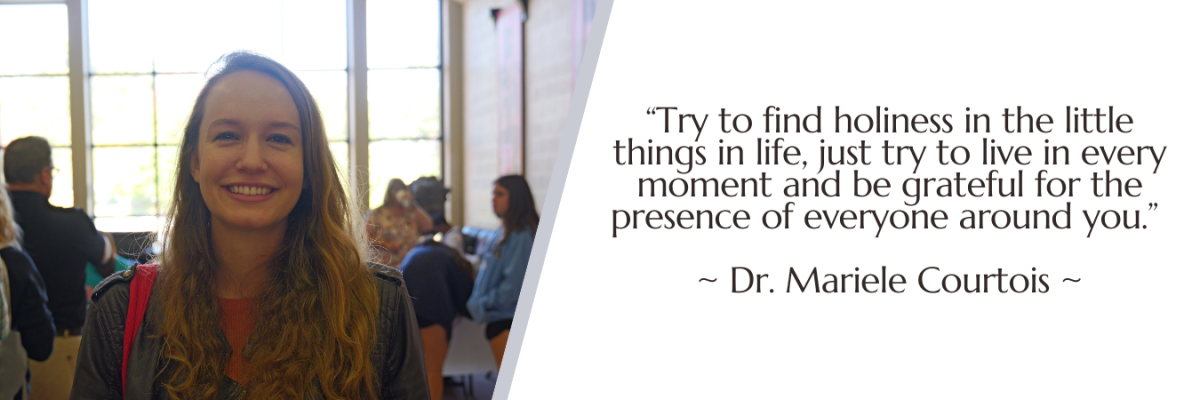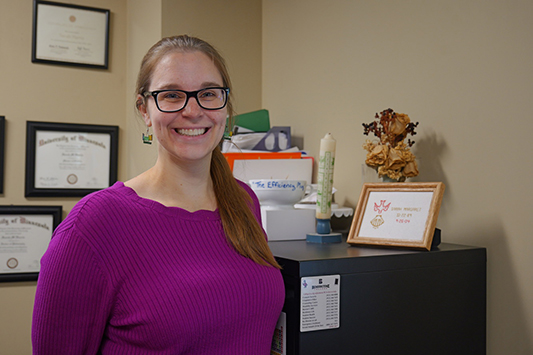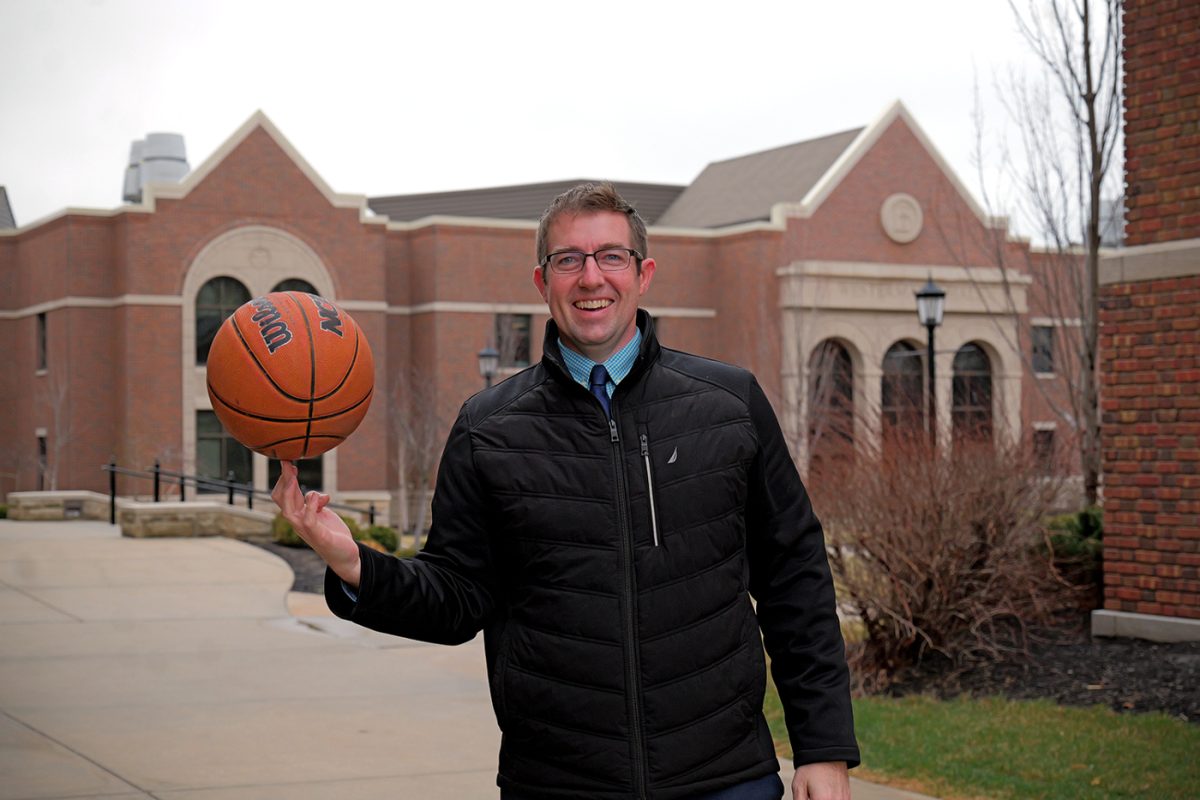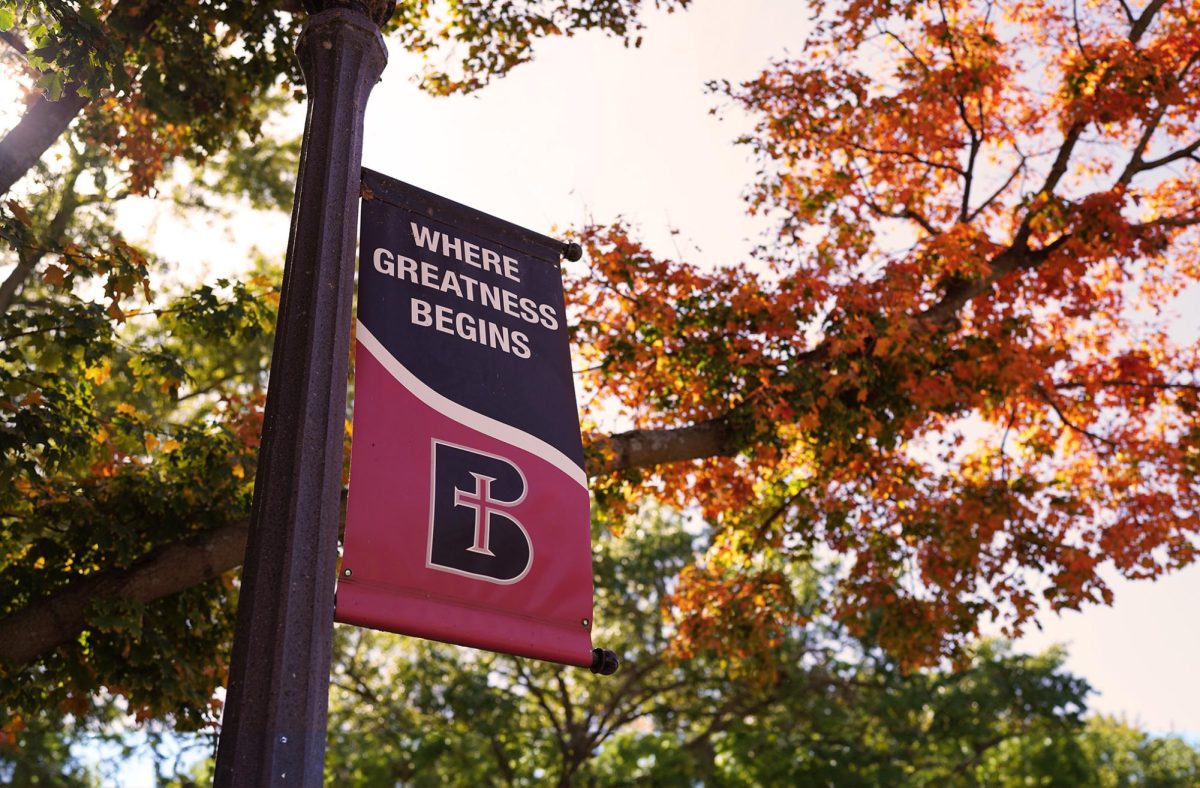Frankee Sullivan, The Circuit
Winter brings with it dropping temperatures, overcast skies and runny noses, as well as Seasonal Affective Disorder.
According to Psychology Today, this disorder affects around 10 million Americans every year.
SAD is a form of depression that occurs with the change of weather.
A few symptoms include: feeling depressed, loss of energy, difficulty concentrating and changes of appetite or weight.
Although it is easy to brush these symptoms off as the “winter blues,” it can be a serious condition.
Wendy Woolston, Benedictine Nursing Assistant Professor, recommends seeking physical activities to help ease the symptoms of SAD.
“Getting outside and going to get your mail, taking a walk around campus, anything to get you outside and into a different setting,” Woolston said. “Take advantage of those days that are a little sunny too, even if it is cold.”
The nursing program at Benedictine has also taught their students about SAD too.
Shelley Laures, nursing student, warns that if anyone has symptoms or has seen symptoms in friends or family, to seek medical help.
“To overcome symptoms, students should absolutely seek help in those close to them and even in professionals,” Laures said. “If the disorder is severe, it could help to travel and go somewhere where the weather is favorable to have a break.”
It is always a good idea to keep a close eye on friends and family and talk about any issues they may be having, especially in the winter months.
The Counseling center is located at 1201 N. second St. and request forms for counseling services can be found on Benedictine’s website










